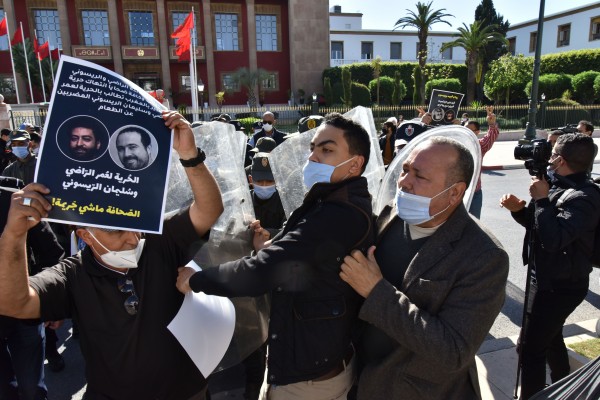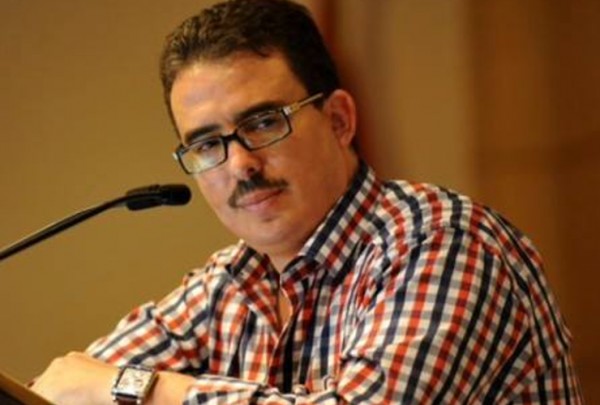The International Press Institute (IPI) is disappointed at the apparent absence of deteriorating Moroccan press freedom from the agenda of a two-day visit to Morocco by US Secretary of State Hillary Clinton.
Speaking at an international, G8-backed forum in Marrakesh, Clinton unveiled economic development programmes and addressed the Middle East peace process.
“She did not mention press freedom,” Said Essoulami, director of the Casablanca-based Centre for Media Freedom – Middle East & North Africa (CMF-MENA), told IPI by telephone.
On 15 October, the editor of the Arabic-language weekly Al Michaal was sentenced to a year in prison for “intentionally publishing false information” about the health of Morocco’s leader, King Mohammed VI. Two journalists from the weekly were each sentenced to three months in prison but have been provisionally freed pending their appeal.
On 26 October, the editor of the daily Al Jarida Al Oula, Ali Anouzla, was given a one-year suspended sentence for “ill-intentioned publication of false information” about the health of King Mohammed VI. Bouchra Eddou, a journalist with the same newspaper, received a three-month suspended sentence in connection with the same article.
On 30 October, Taoufik Bouachrine and Khalid Gueddar, the publisher and a cartoonist, respectively, of the daily Akhbar al Youm received a three-year deferred prison sentence for “lacking respect toward the royal family.” The sentence was issued in connection with a cartoon published in the 26-27 September issue of the newspaper about the marriage of Prince Moulay Ismaïl, a relative of King Mohammed VI, to a German woman.
Moroccan authorities also banned from circulation two editions of French newspaper Le Monde and one edition of the Spanish daily El Pais after the dailies republished the cartoon together with another cartoon by French cartoonist, Jean Plantu.
Back in August, the government seized copies of current affairs magazines Tel Quel and Nichane after they published the results of a poll on how Moroccans regarded the king’s first decade in power.
“The tension between the government and the independent media in Morocco has been going on for a couple of years, in which the government’s ministries have repeatedly criticised the media and pressured them into toeing the government line as well as refraining from questioning the King of Morocco in any way,” Essoulami said.
“It is unfortunate that in a country with one of the more lively media environments in the region, journalists are still being charged, fined and jailed for writing about the royal family,” said IPI Deputy Director Alison Bethel McKenzie. “Instead of helping create a media environment in which journalists don’t have to fear going to prison for doing their job, Moroccan courts are still systematically handing down prison sentences. Press freedom there is getting worse, not better, and world leaders such as Mrs. Clinton seem to fall silent on the issue.”


